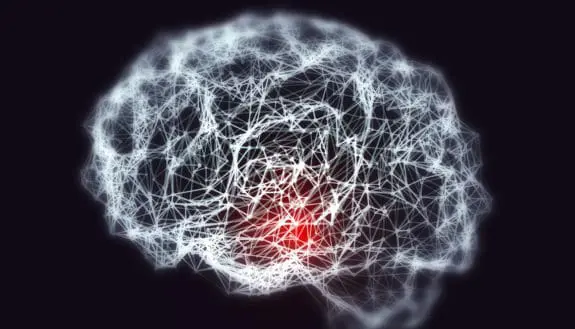The Engelender Lab focuses on the molecular mechanisms driving neurodegenerative disorders, particularly in Parkinson’s disease. Nearly one million Americans, mainly over 60 years old, are living with Parkinson’s, a brain disorder that leads to shaking, stiffness, and difficulty with walking, balance, and coordination. Currently, there are no blood or laboratory tests to diagnose nongenetic cases of Parkinson’s disease, and there is no cure.
Parkinson’s disease triggers the degeneration of a specific brain region where abnormal proteins known as alpha-synuclein accumulate. Prof. Engelender and her team study how this accumulation occurs and search for proteins and compounds that can interfere with their toxic aggregation. In fact, her lab recently developed a peptide that successfully decreases the levels and toxicity of alpha-synuclein in vivo in rodents. This peptide may be used as future therapeutics to slow the progression of the disease.
Prof. Engelender and Harvard Medical School Professor Ole Isacson developed the novel “threshold” theory to explain the progression of Parkinson’s. They suggest that Parkinson’s disease is caused by the simultaneous widespread death of nerve cells, both in the brain as well as in the peripheral nervous system. This theory challenges the commonly held belief that Parkinson’s develops in the periphery and then migrates to the brain.
Born in Rio de Janeiro, Brazil, Prof. Engelender received her M.D. and Ph.D. from the Federal University of Rio de Janeiro in 1994 and 1996, respectively. She conducted postdoctoral research in Huntington’s disease at Johns Hopkins University, and joined the Technion faculty in 2001.





